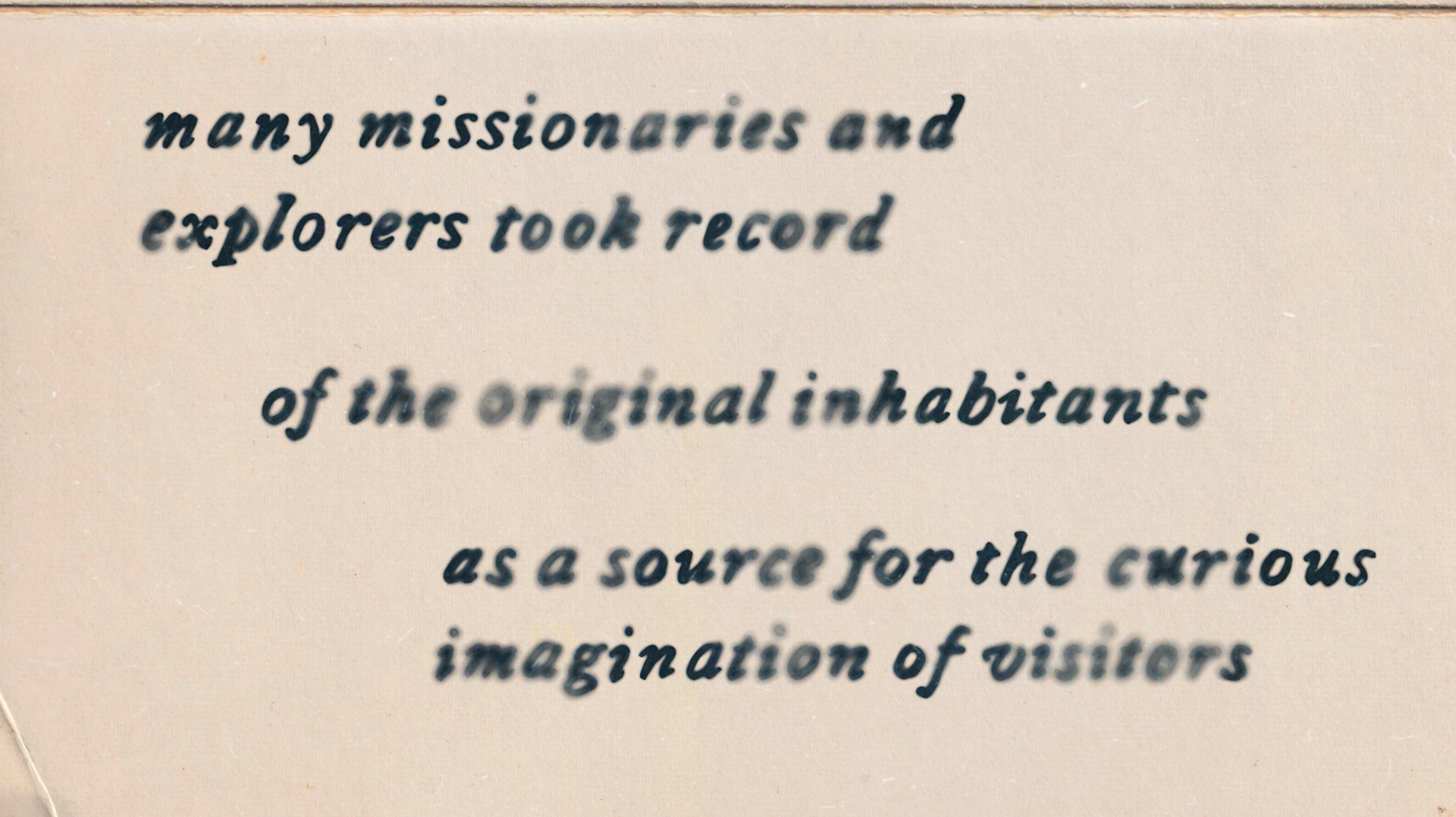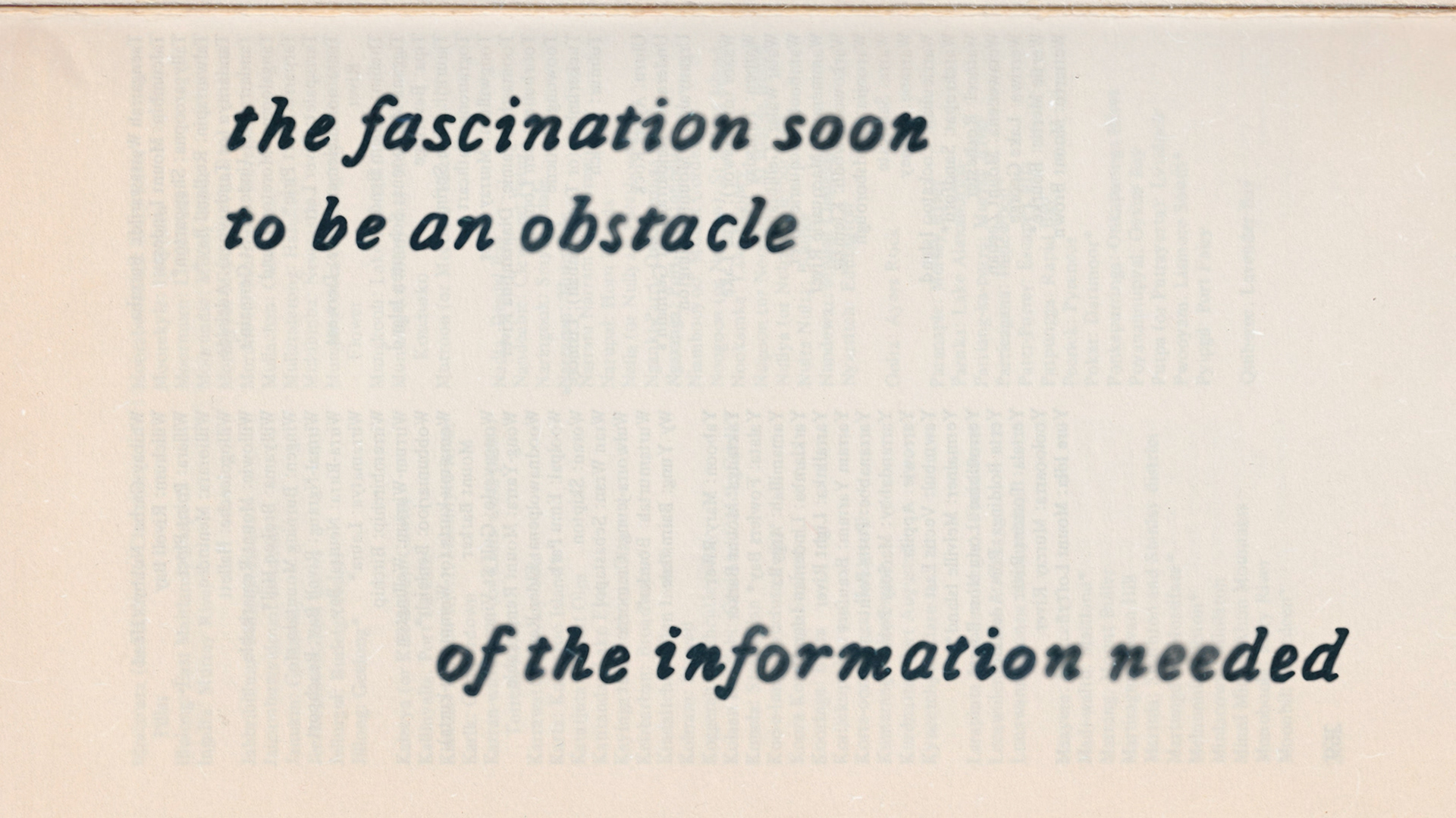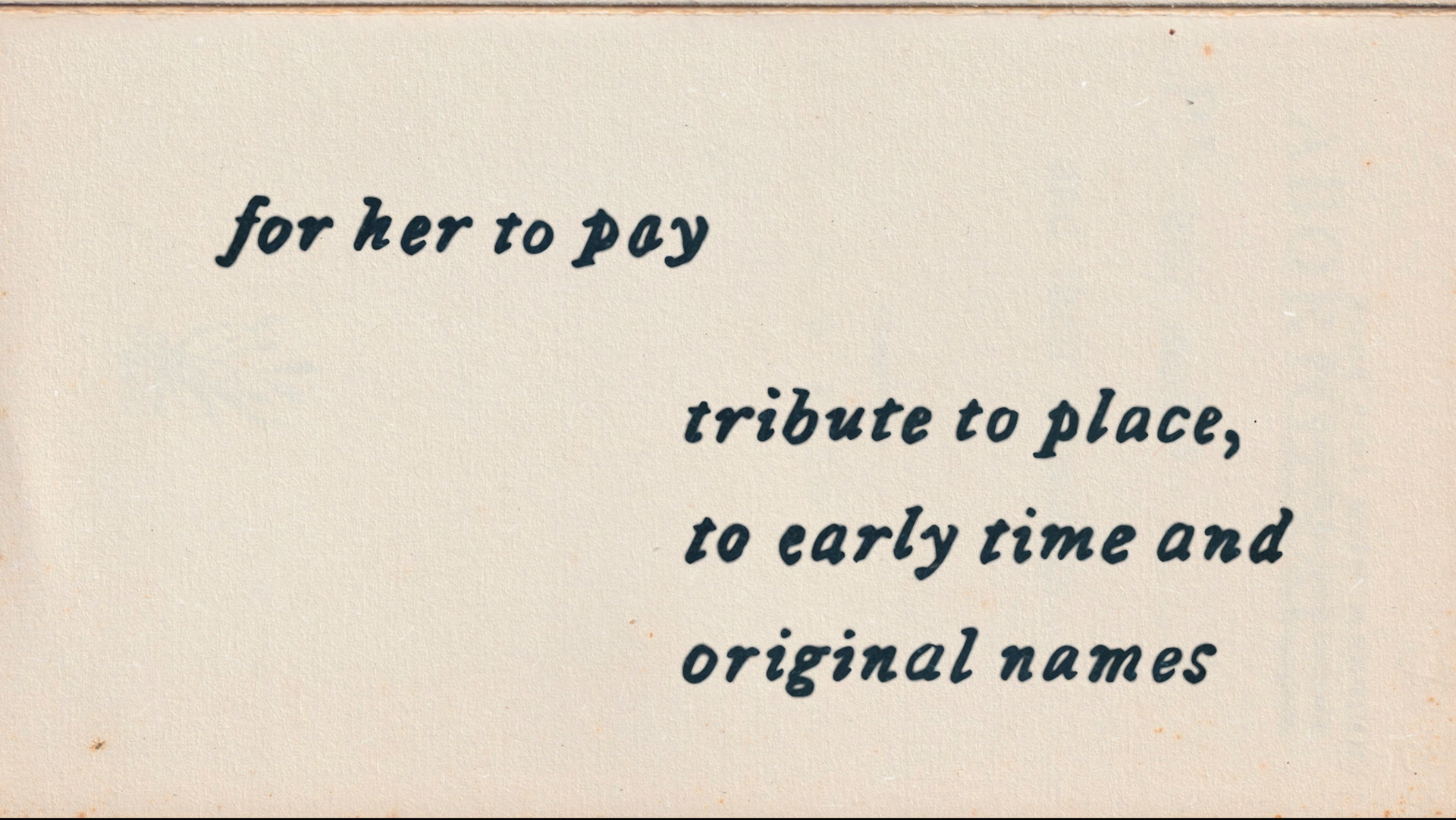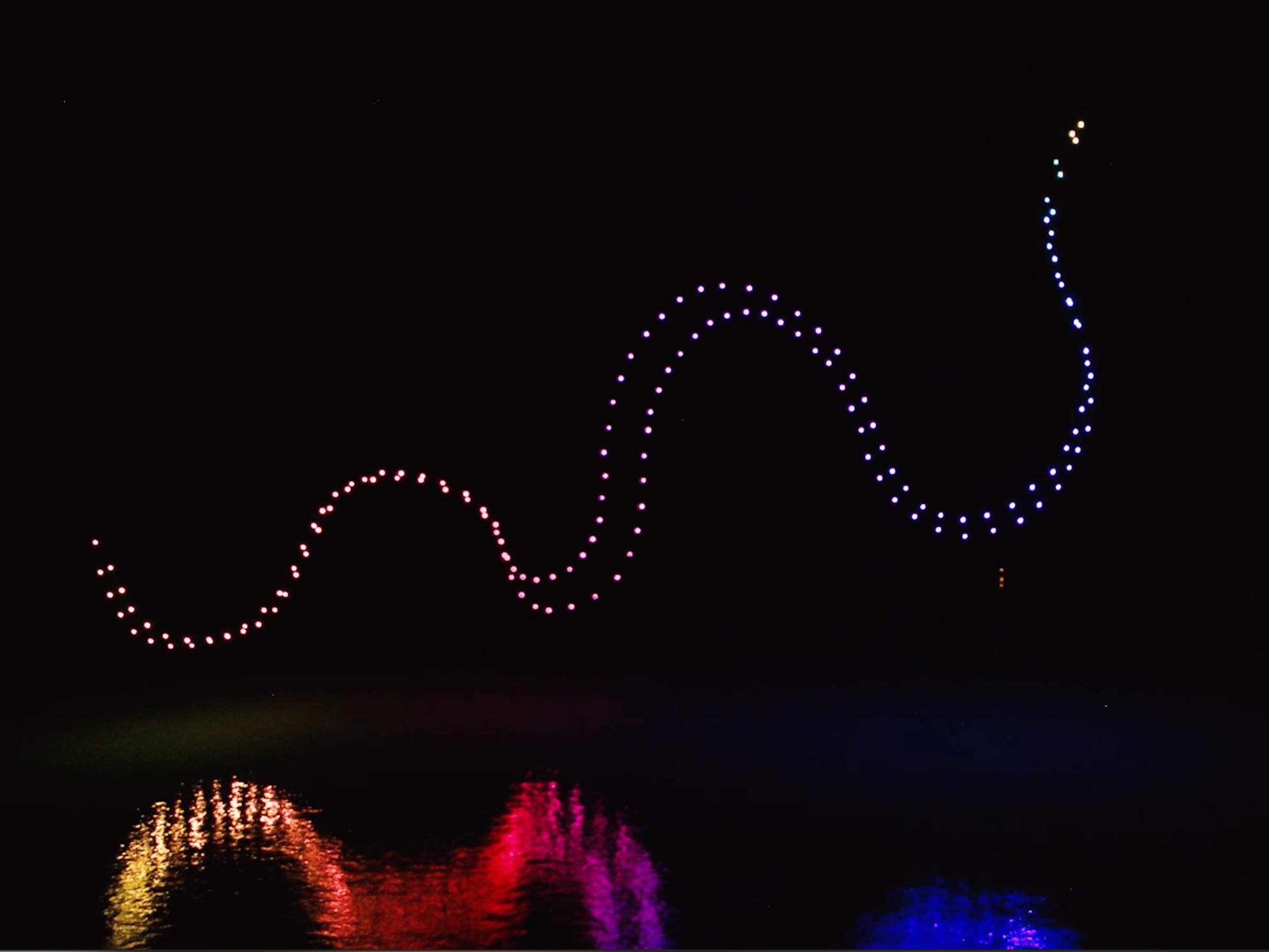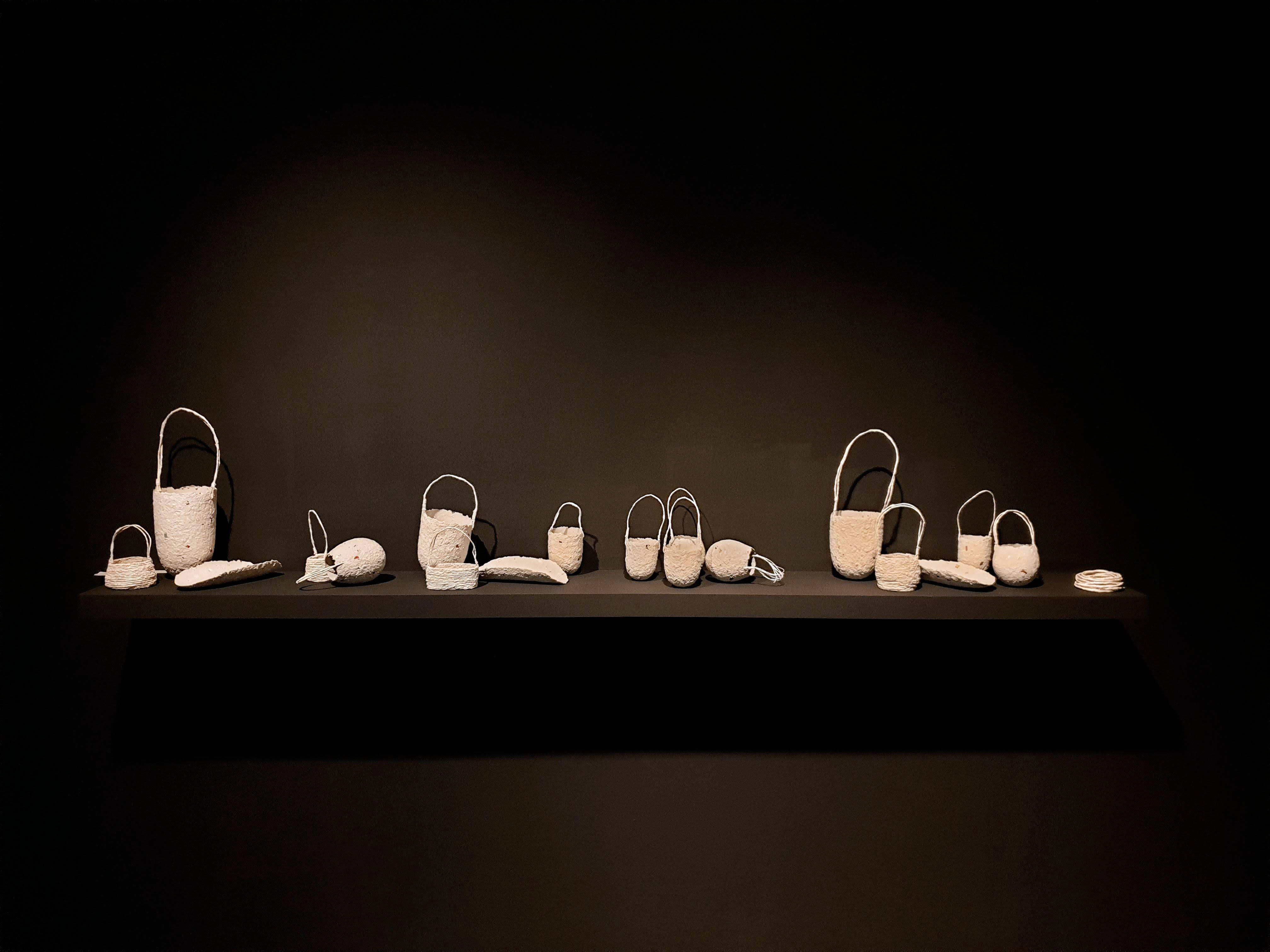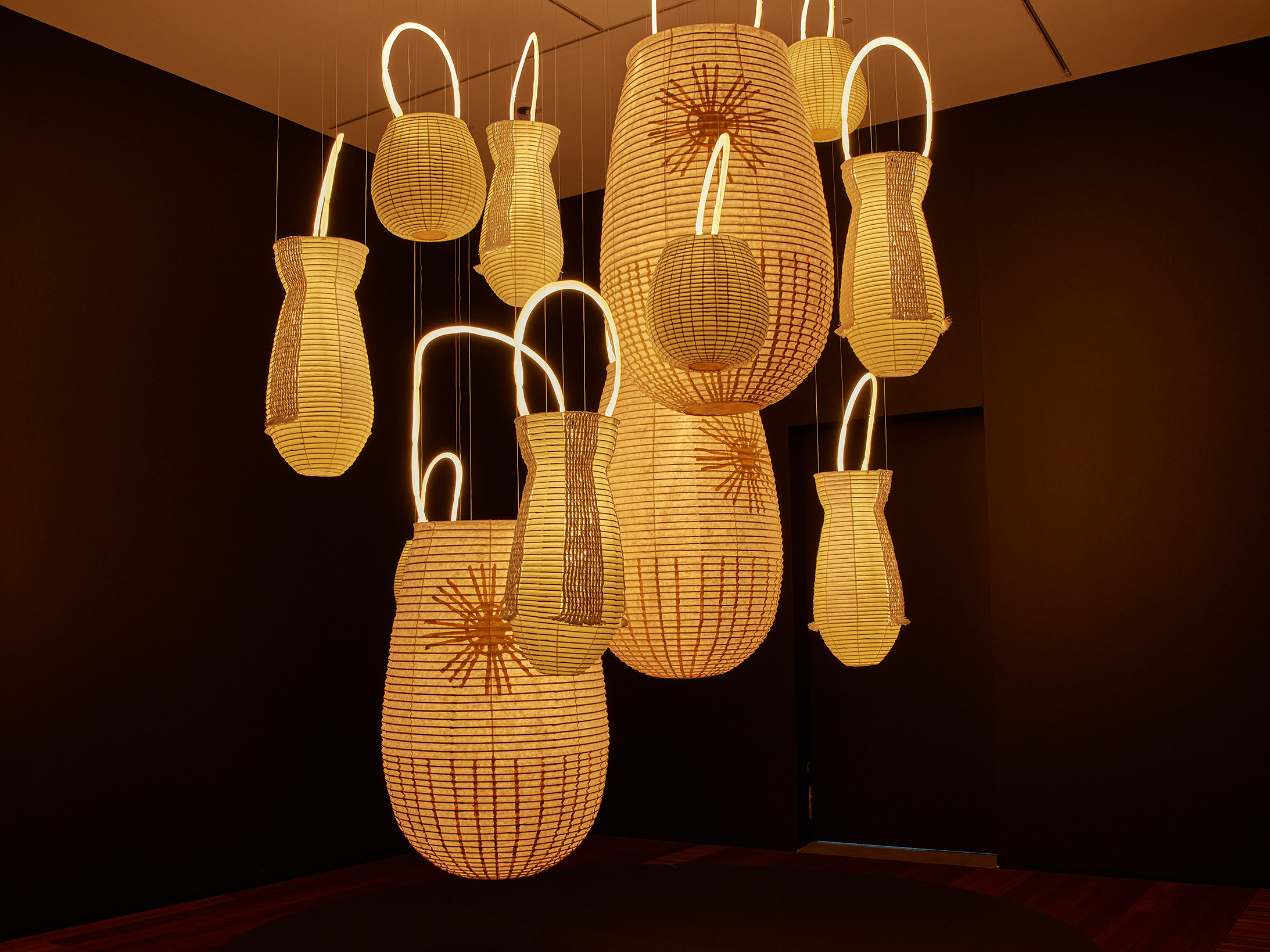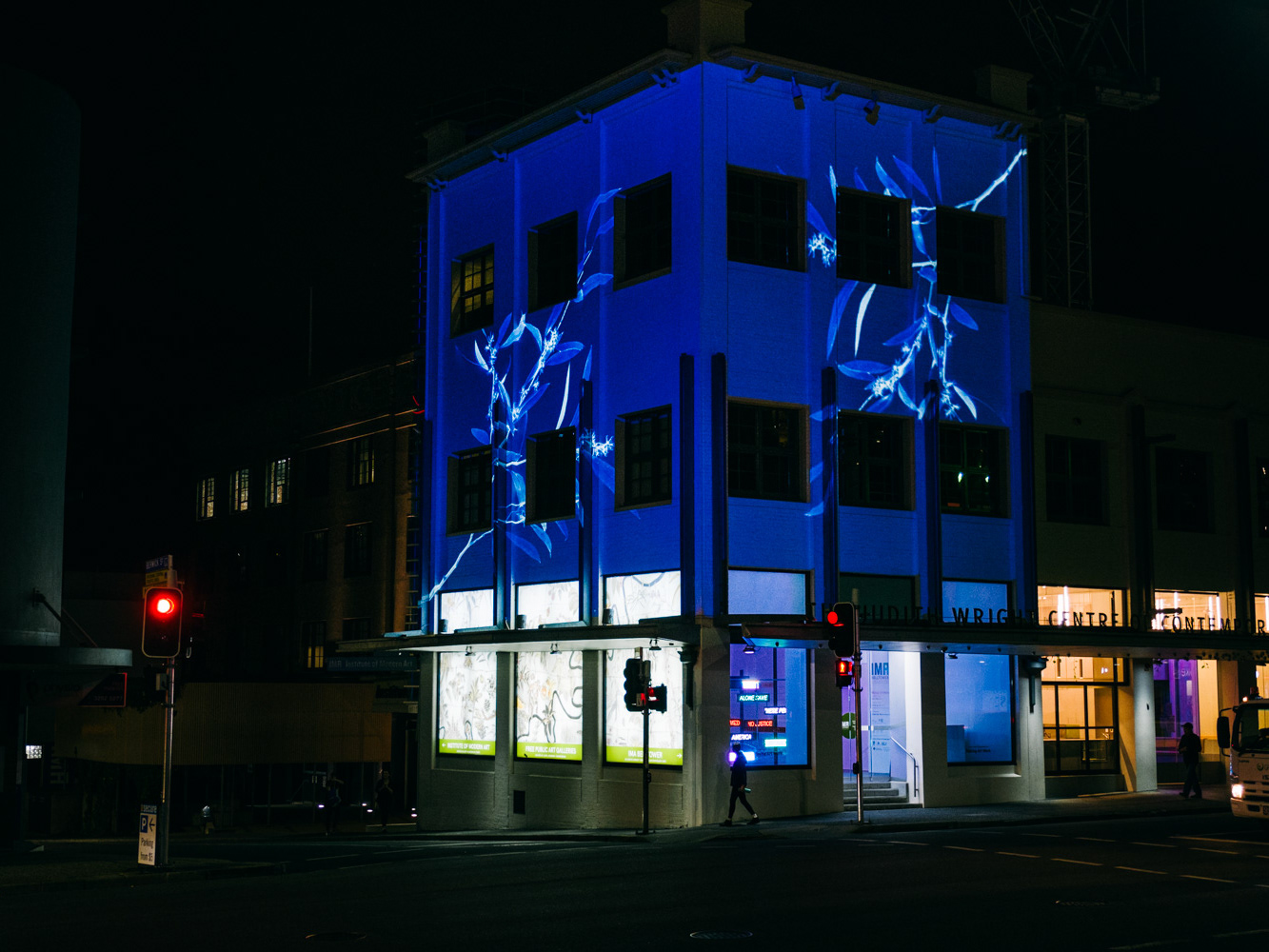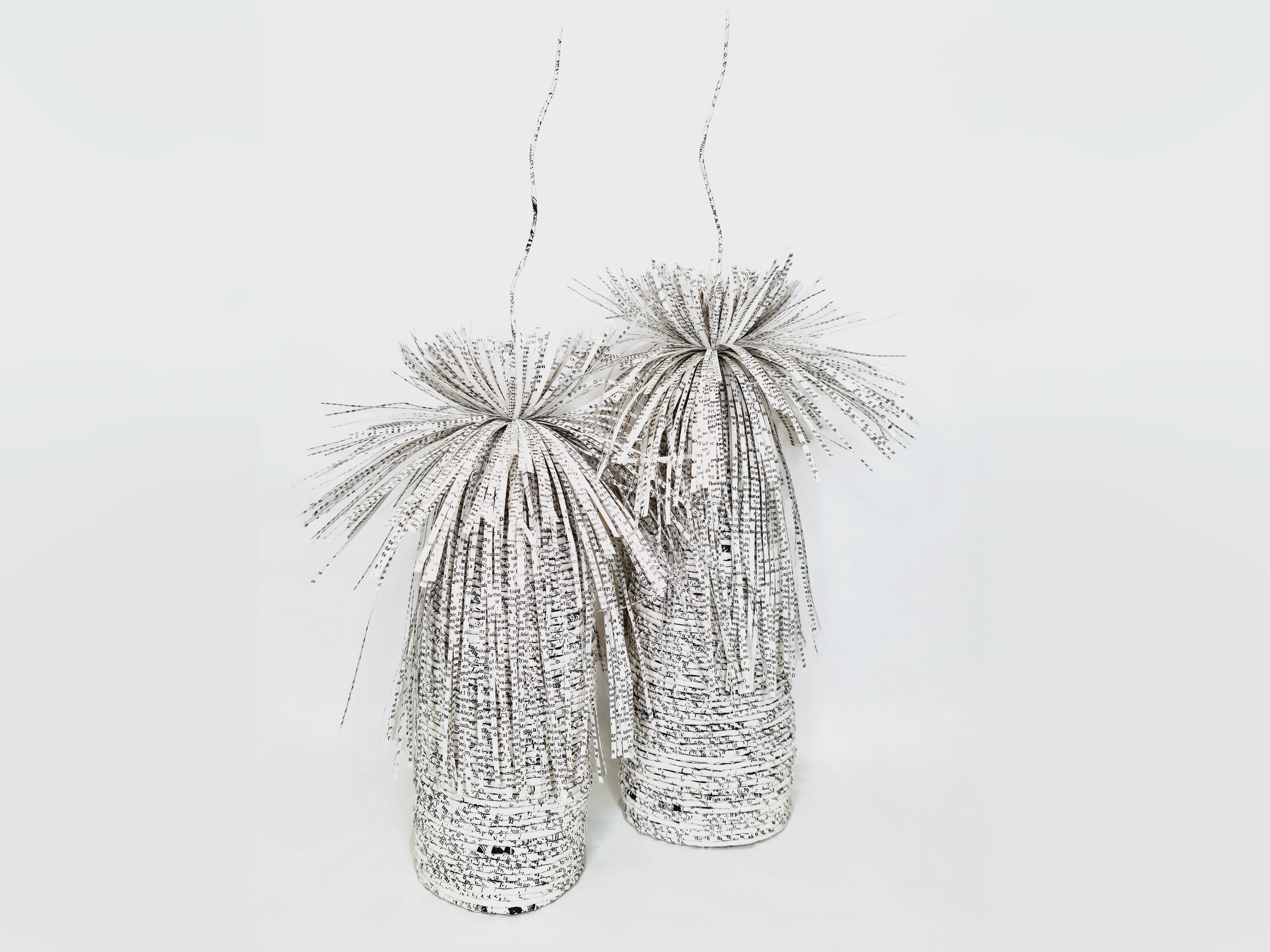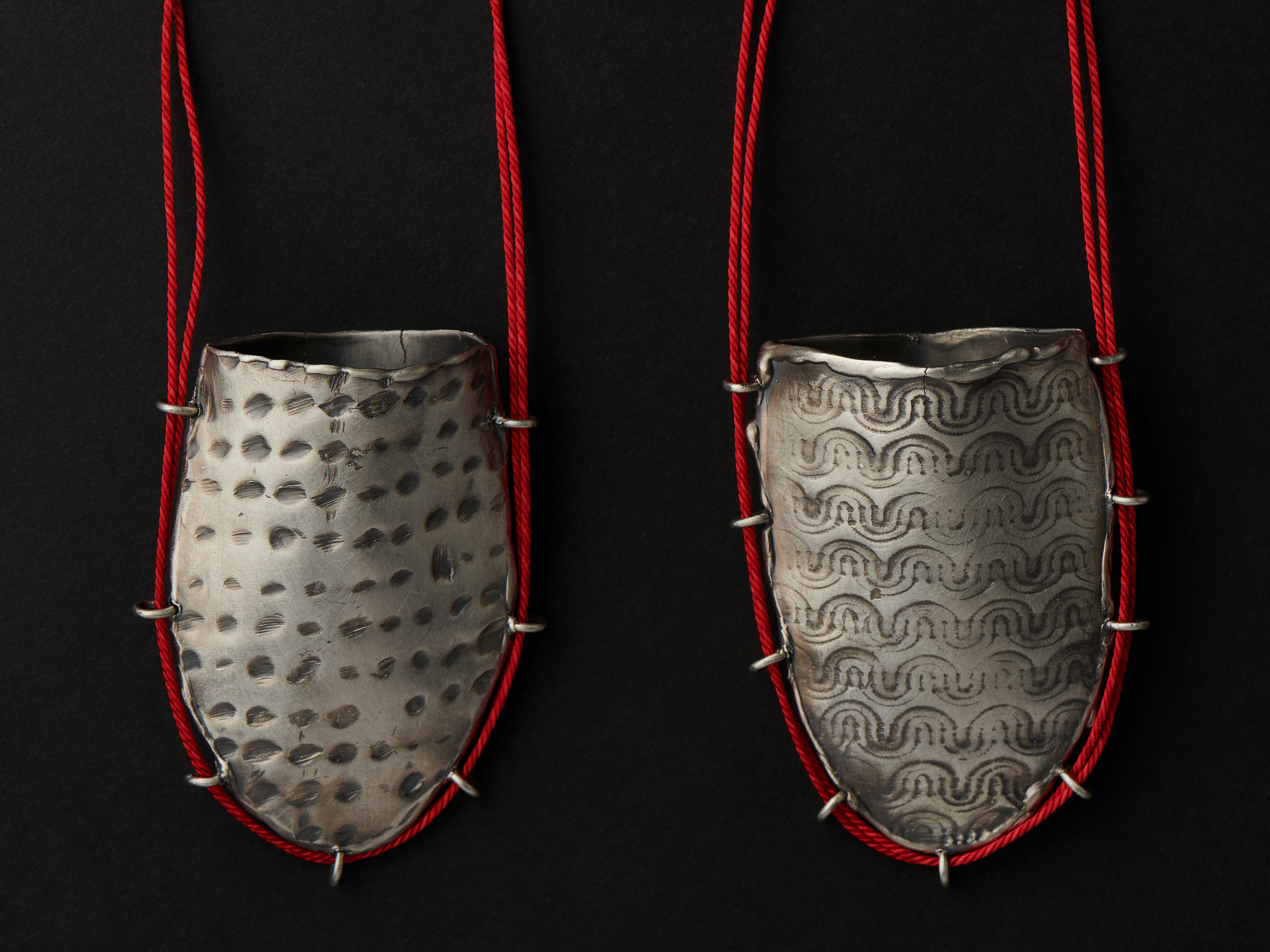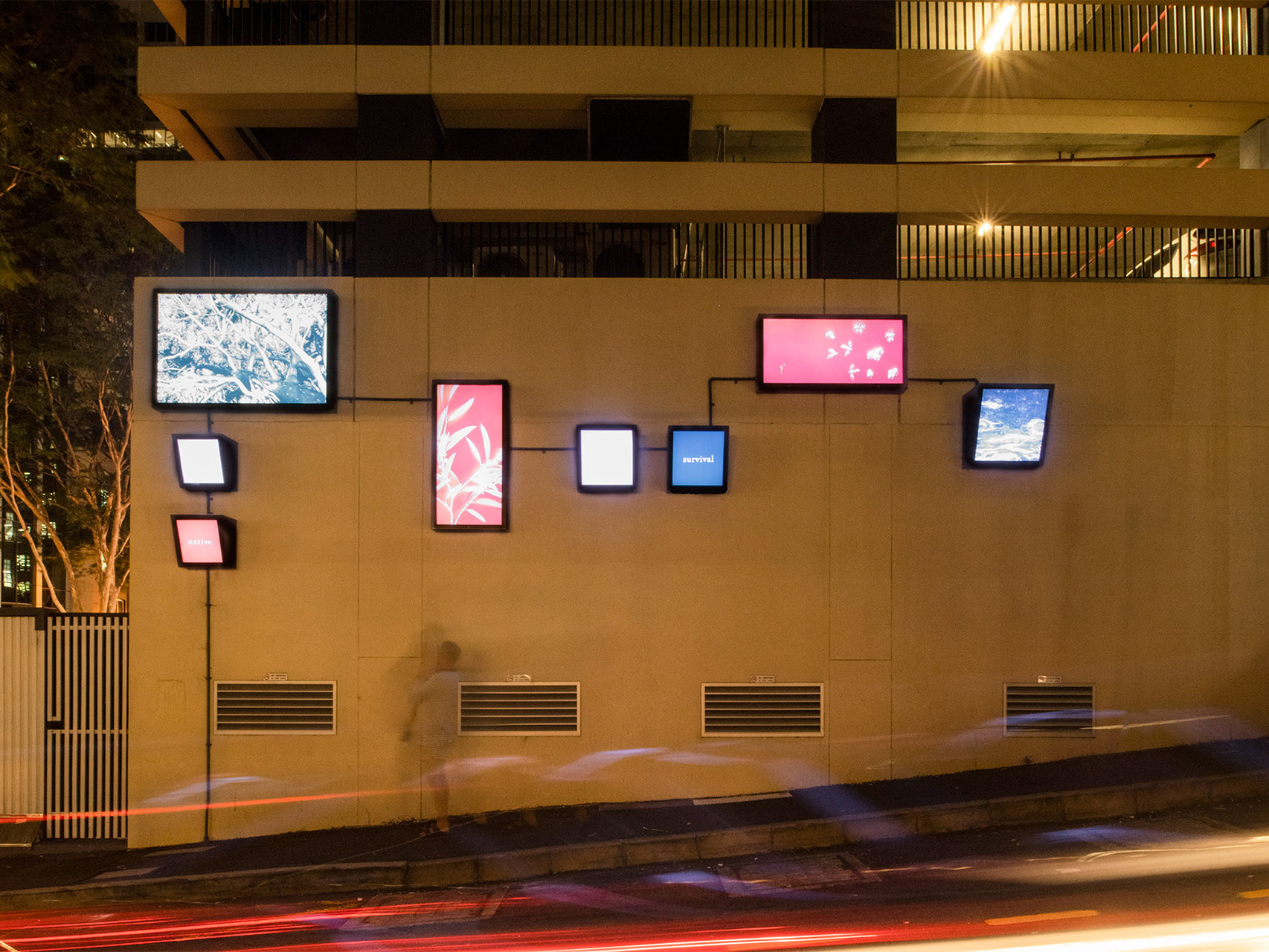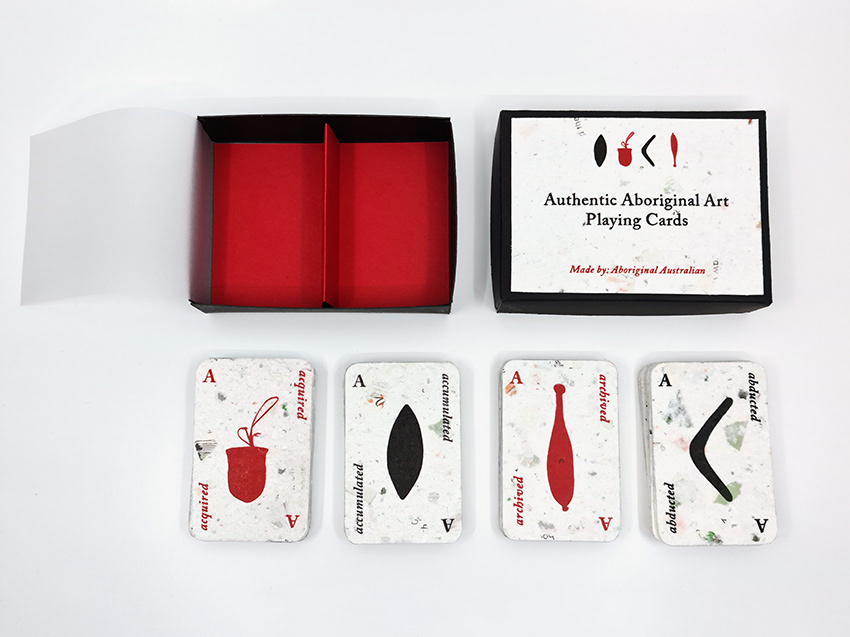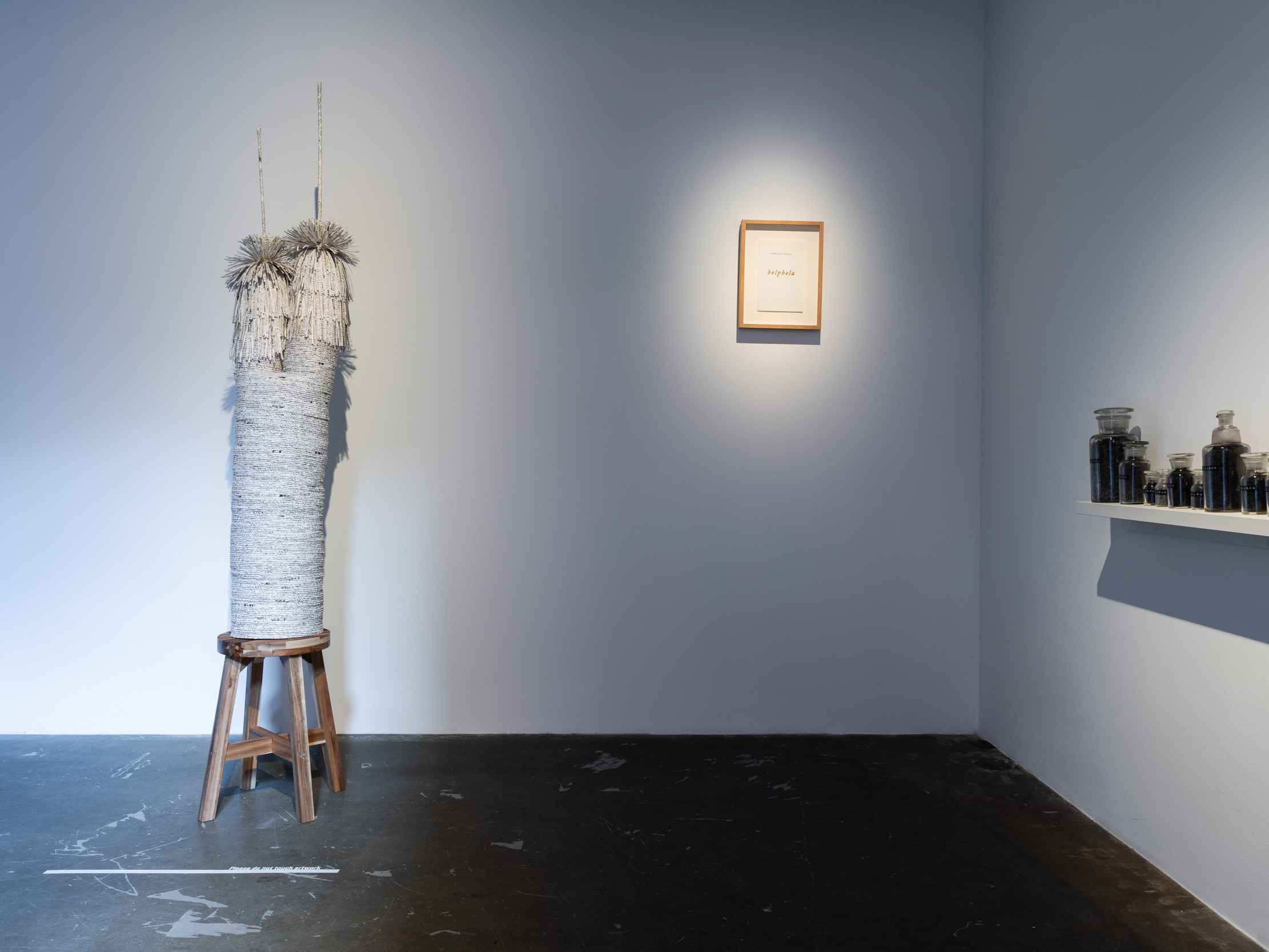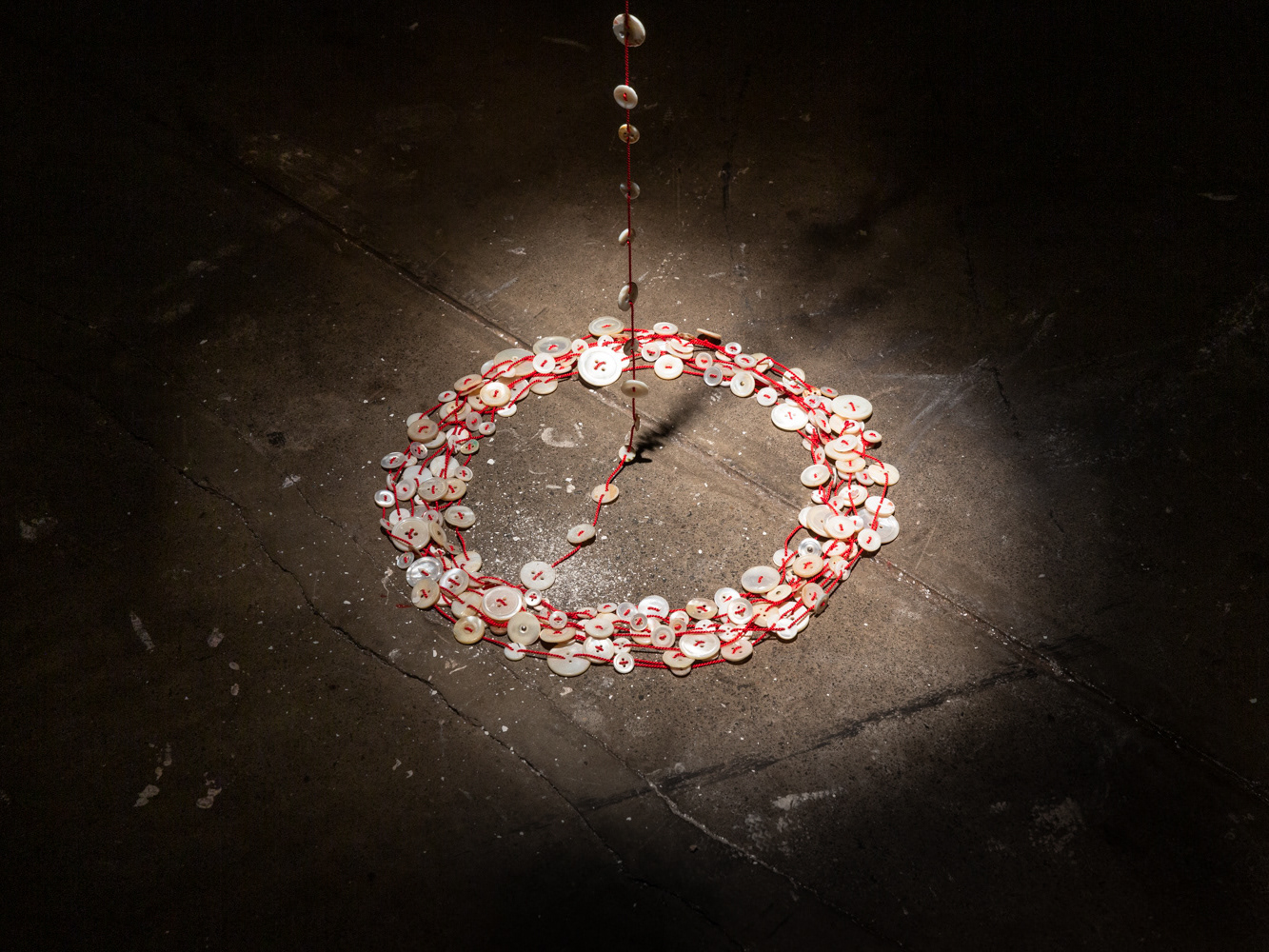Exhibition text from The Data Imaginary: Fears and Fantasies, 2021, Griffith University Art Museum
Multidisciplinary artist and designer Jenna Lee (b.1992) lives and works in Melbourne. She is a Larrakia, Wardaman, and Karajarri woman and identifies as a queer, mixed race, Asian, Aboriginal woman. In 2020 Lee was the recipient of the Wandjuk Marika 3D Memorial Award at the Telstra National Aboriginal and Torres Strait Islander Art Award (NATSIAA), a finalist Ravenswood Australian Women’s Art Prize, National Works on Paper Prize as well as The Libris Artist Book Prize and 15 Artist Prize. In 2019 Lee was the recipient of the Australia Council’s Young and Emerging Dreaming Award, presented at the National Indigenous Arts Awards as well as one of 10 finalists in the prestigious John Fries Award for emerging and early career Australian and New Zealander artists. In 2018 Jenna was a finalist in the 35th NATSIAA, a finalist in the 2018 Blacktown Art Prize, as well as winning the tertiary category in the Libris Artist Book Prize for her the loose-leaf artist book ‘A Plant in the Wrong Place’. She holds a Bachelor of Visual Communication Design from Griffith University, Queensland College of Art and a Graduate Certificate in Museum Studies from the University of Queensland.
Through her art, Lee explores language, labels, and objects, examining how they intersect to create or challenge the concept of identity, and the relationship between language and object. Her practice spans curation, creative design, art making, and production.
In this video work, Lee has explored the introductory text of the 1965 Aboriginal word dictionary ‘Aboriginal words and place names’ complied by A.W.Reed. This so-called dictionary presents deeply flawed data in the listing of words with no reference to people or place. Instead, this book homogenises the 250 unique languages spoken by First Nations people presenting them as inspiration for the naming of ‘houses, children and boats’. Lee highlights how the mass collection and homogenisation of languages by early settlers and missionaries now play a role as both an obstacle and an aid as First Nations people seek to re-learn their traditional languages.
Installation view: The Data Imaginary: Fears and Fantasies, Griffith University Art Museum

